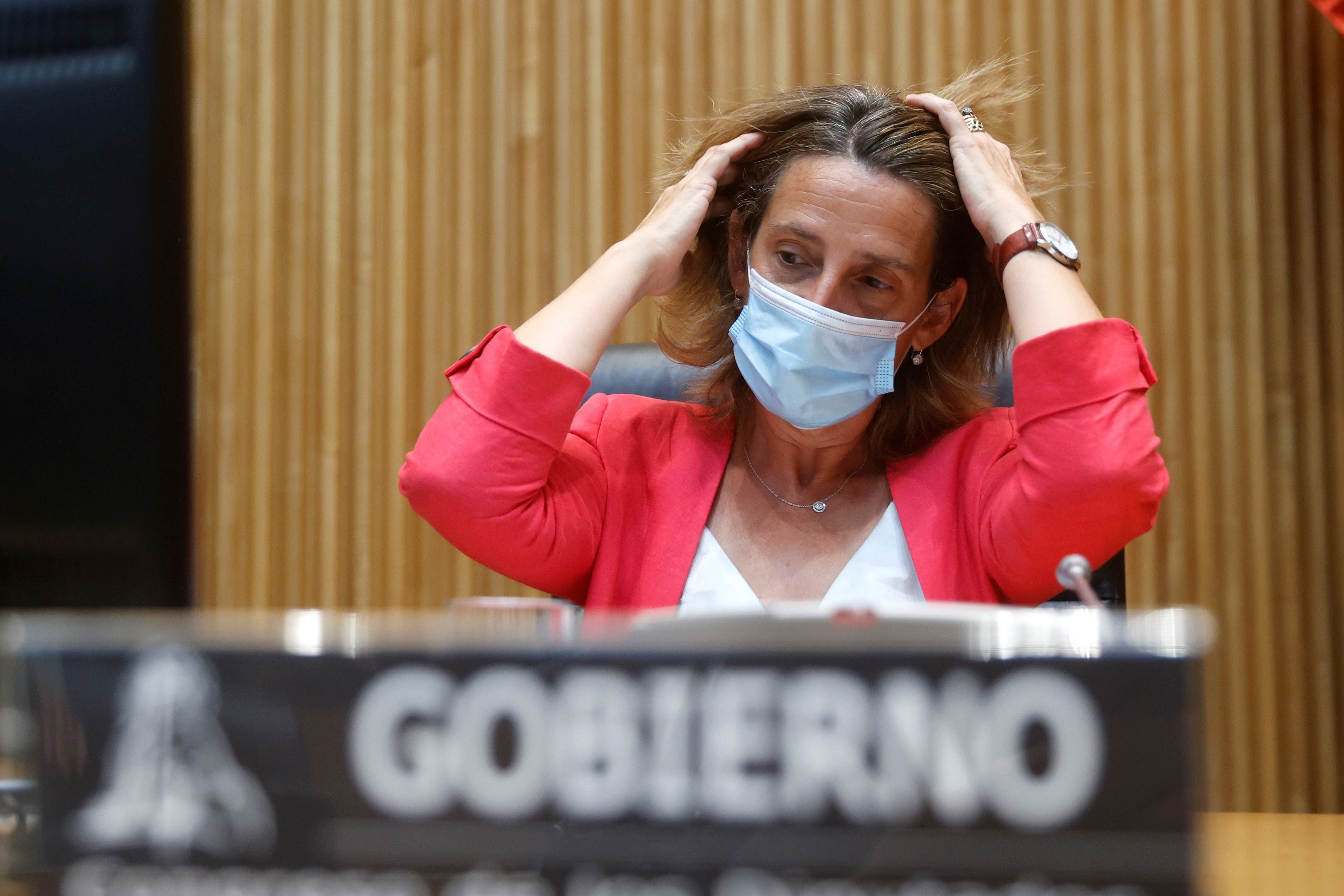The third-ranked of Spain's deputy prime ministers, also responsible for ecological transition, Teresa Ribera, has ruled out any public intervention to set maximum or minimum prices in the wholesale electricity market, as demanded by junior coalition partner Unidas Podemos, and has announced that the executive will introduce changes to the regulated PVPC tariff paid by small consumers to try to stabilize electricity rates, although it has not specified what it will do. Meanwhile, on Tuesday, the Spanish electricity price will set a new all-time record - yet again. The new mark will be 130.53 euros per megawatt-hour.
In an appearance in the Spanish Congress, Ribera stressed that there is already an "explicit ban" in Europe on setting prices in wholesale markets, setting maximum or minimum prices as well as the obligation of applying marginal prices. She added that the Spanish government "will never push for the adoption of measures that we know in advance are directly contrary to EU law" because it considers that this "is the worst that you could do."
According to Ribera, one of these "limits" that cannot be crossed is the setting of regulated wholesale prices, which "must be set based on supply and demand." Therefore, neither "setting maximum or minimum prices," nor dodging "marginal prices in the wholesale market." Nor can “access to the wholesale market” in any power generation technology be prohibited. "Whether we like it or not, we need to respect current European law."
However, the vice president affirmed that the Spanish executive will fight a "political battle" in Brussels to achieve mechanisms with which to reduce the electricity bill to consumers, even at the expense of corporate profits. In this context, she spoke of her government's proposed National Sustainability Fund and the mechanisms which have been approved to reduce the windfall profits enjoyed by the major energy companies. Both measures have just begun their passage through Congress.
At the same time, the minister also stated that the Spanish executive sees with "concern" the "difficulties" which many people have in taking advantage of the reduction of the costs of renewable energy, but said that the reasons for the increase go "beyond" the rise in wholesale prices and respond to factors such as rising gas prices. These are issues, she recalled, in which the Spanish government has no room for manoeuvre.
As for the situation of the country's hydro dam reservoirs, which electricity companies have been accused of draining dry in order to take advantage of the high windfall profits they can currently make, Ribera stated that the companies are acting within the margins allowed by the contracts: '"the scandalous reduction in water volumes" - practically 70% in six weeks - is compatible with these clauses. In any case, she noted that this reservoir emptying "is unreasonable" and has generated "enormous social concern."
Lastly, she reminded the electricity companies that with this action "they have not shown any social empathy" which is a factor that "affects the stock exchange". "I trust that this behaviour will be corrected, notwithstanding the fact that the government is taking relevant decisions and working on the implementation of Article 55 of the Water Act," to "put order" and prevent "undesirable" actions.

